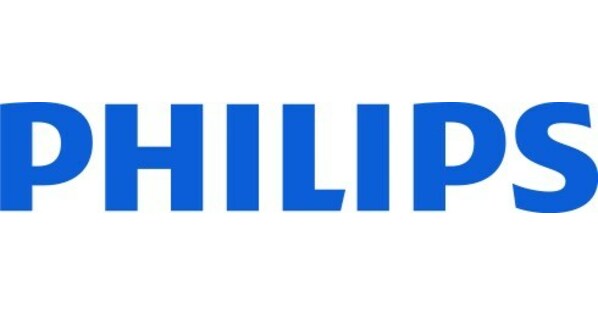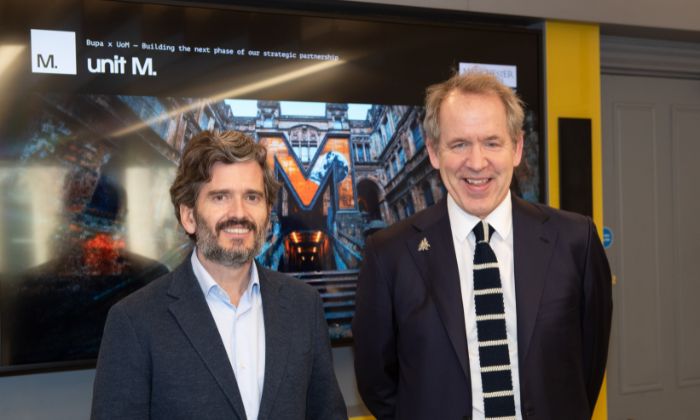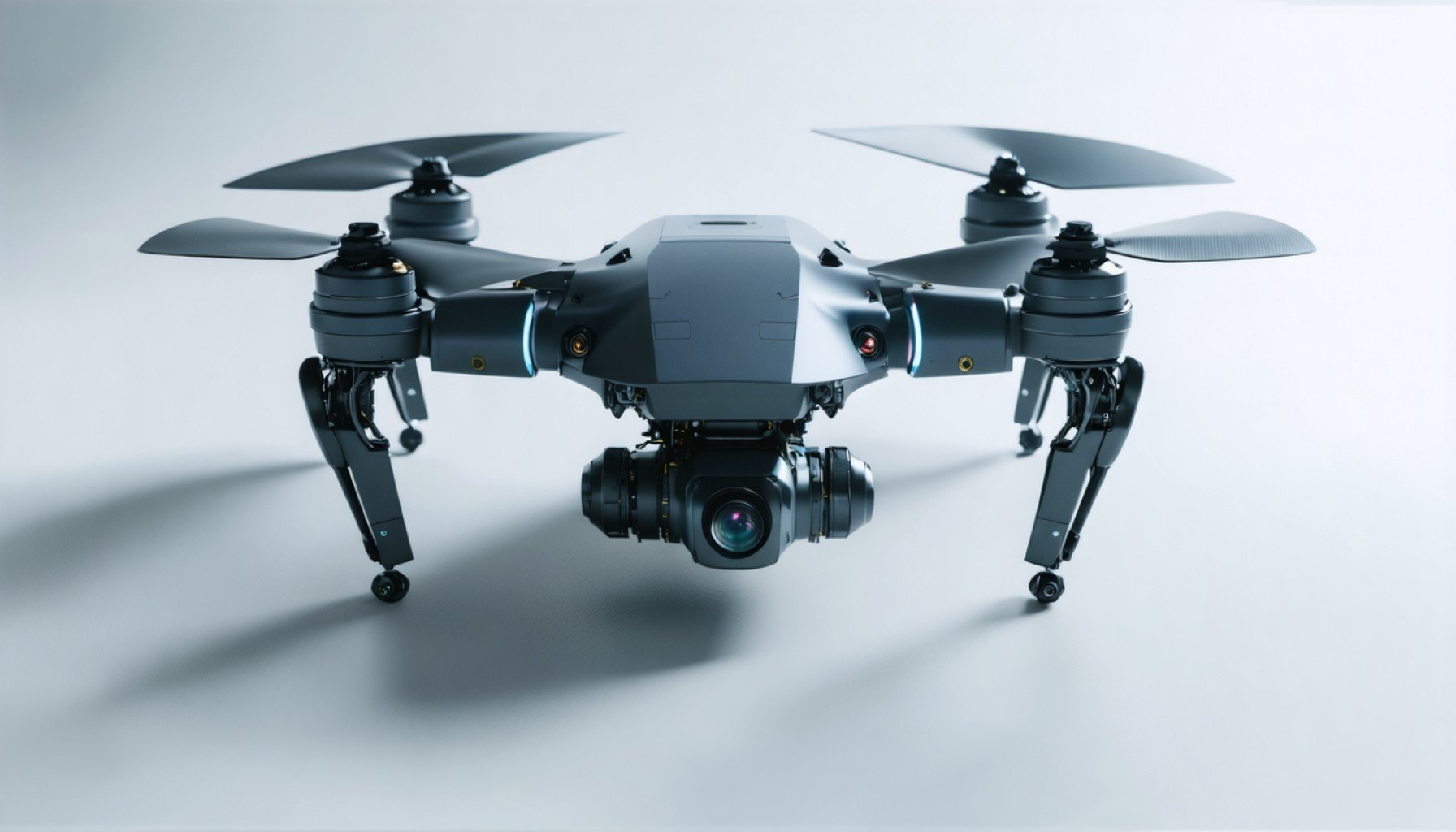Philips releases new data revealing that APAC is leading in sustainable healthcare and innovations being showcased at RSNA that will help reduce environmental impact

- 99% of healthcare leaders in APAC say reducing the environmental impact and CO2 emissions of the industry should be top priorities for healthcare organizations, higher than global (86%)
- Healthcare leaders in APAC are driving change through a range of strategies, such as using virtual care technologies/remote monitoring to reduce emissions, and they are looking at adopting even more sustainable practices in the next three years
- Philips showcasing a range of sustainable solutions at RSNA 2024, including precision imaging innovations that will revolutionize care for patients while reducing environmental impact
SINGAPORE, Nov. 26, 2024 /PRNewswire/ — Royal Philips (NYSE: PHG, AEX: PHIA), a global leader in health technology, today released the second set of Asia Pacific (APAC) findings of its Future Health Index (FHI) 2024 report: Better care for more people. The ninth edition of the report, which surveyed nearly 3,000 healthcare leaders in 14 countries, including Australia, Indonesia, and Singapore, shows that APAC is leading the charge when it comes to sustainable healthcare, with healthcare leaders looking to invest in further sustainable innovation in the future[1].
Almost all leaders in the region (99%) believe that reducing the environmental impact and CO2 emissions of the industry should be top priorities for healthcare organizations, above the global average of 86%[1]. Almost half (46%) also say their organizations have already implemented strategies to achieve a carbon neutral certification, with a further 40% planning to do so in the next three years[1]. 45% of leaders say they are already setting targets for decarbonization and tracking emissions, above the global average (31%)[1].
Key sustainability strategies currently being implemented include using a renewable source of energy (53%), recycling waste wherever possible (50%), sustainable procurement, including the procurement of circular equipment (49%), prioritizing reusable medical equipment and supplies, such as reducing single-use plastics (48%), and using virtual care technologies/remote monitoring to reduce emissions (47%)[1].
“Addressing the impact of the healthcare sector on the planet is no longer a matter of if; it is a matter of how. We are observing healthcare leaders across the region embracing new strategies to balance workforce, financial, and environmental priorities to ensure healthcare systems remain sustainable in the long term”, says Mark Burby, Vice President, Health Systems, Philips APAC. “Key to this will be collaboration across the ecosystem, and to do our part, we are committed to helping the industry streamline workflows, advance clinical insights and reduce environmental impact to deliver better care for more people.”
The data from the report also highlights how healthcare leaders across the region are prioritizing sustainable procurement and virtual care technologies. Nearly half (49%) have implemented sustainable procurement practices, such as using circular equipment, and another 43% plan to adopt these within the next three years[1]. Reusable medical supplies are also a priority, with 48% already implementing this and 41% planning to do so[1]. Additionally, 46% are selecting suppliers with sustainable targets, and 41% intend to do so in the near future[1].
In terms of operational improvements, 42% are focusing on reducing energy consumption, while 41% plan to leverage virtual care and remote monitoring to cut emissions within the next three years[1]. Other key actions include eliminating hazardous substances and further expanding the use of reusable medical supplies.
Consumers are demanding sustainable healthcare in APAC
Action is needed as consumers are also expecting sustainable action from healthcare providers, with 87% of APAC consumers recognizing the interconnectivity between climate impact and their health, according to Philips’ 2024 Sustainable Healthcare survey in APAC[2]. However, while 69% of respondents see sustainable health practices as a top or urgent priority, less than a fifth (15%) note that these practices are being widely adopted in their countries[2].
Philips spotlights innovation that improve workflow, efficiency, and sustainable healthcare at #RSNA24
The creation of ecosystem collaboration is crucial when it comes to healthcare sustainability, which is why all of Philips new solutions are built with sustainability in mind to drive a positive impact on both patient and environmental health. This December at RSNA 2024, the world’s largest medical imaging conference held in Chicago, Illinois, USA, Philips will showcase some of its latest innovations that help hospitals and health systems to consistently deliver accessible, high-quality care to patients in a sustainable way.
- Philips MR portfolio is a great example of how the company is committed to solutions that benefit patients, healthcare providers, and the planet. Based on a decade of innovation, the portfolio uses a revolutionary solution designed to reduce helium usage, while providing clinical excellence. The eco-friendly design of Philips’ MRI portfolio with helium-free operations is also up to 1,700kg lighter[3], enabling flexible installations in new locations, including elevated floors or indoor sites with construction limitations, bringing quality MRI to more patients, where helium logistics are challenging or costly. With over 1,500 units installed globally, Philips MR scanners equipped with the technology have already saved more than 2.75 million liters of helium since 2018. The industry’s first helium-free portfolio is an important step in the right direction as it addresses the global scarcity of helium[4], with MRI scanners being the largest consumers of helium[5].
- Philips has designed the industry’s first multi-vendor[6], multi-modality, multi-site virtual imaging support solution that seamlessly connects Imaging Experts at a command center with Technologists at scan locations across imaging networks in real-time. By removing barriers of physical distance and providing remote support and monitoring capabilities, the solution reduces travel time between sites and scanners, helping to reduce emissions, while giving experts more time back to focus on patients and workflows.
- Philips designed a workspace for cardiovascular care, that is accessible anytime and virtually anywhere. This allows users to combine deep clinical expertise with technological innovation to securely connect patients, care teams and data across the entire cardiovascular care continuum. By providing the clinician interoperable access to a variety of systems and applications from a single location, the solution allows for streamlined data analysis, reducing clinical decision-making time to improve patient outcomes, while providing overall cost savings.
Visit Philips at RSNA 2024 for more information.
About Royal Philips
Royal Philips (NYSE: PHG, AEX: PHIA) is a leading health technology company focused on improving people’s health and well-being through meaningful innovation. Philips’ patient- and people-centric innovation leverages advanced technology and deep clinical and consumer insights to deliver personal health solutions for consumers and professional health solutions for healthcare providers and their patients in the hospital and the home.
Headquartered in the Netherlands, the company is a leader in diagnostic imaging, ultrasound, image-guided therapy, monitoring and enterprise informatics, as well as in personal health. Philips generated 2023 sales of EUR 18.2 billion and employs approximately 69,700 employees with sales and services in more than 100 countries. News about Philips can be found at www.philips.com/newscenter.
SOURCE Royal Philips

link







